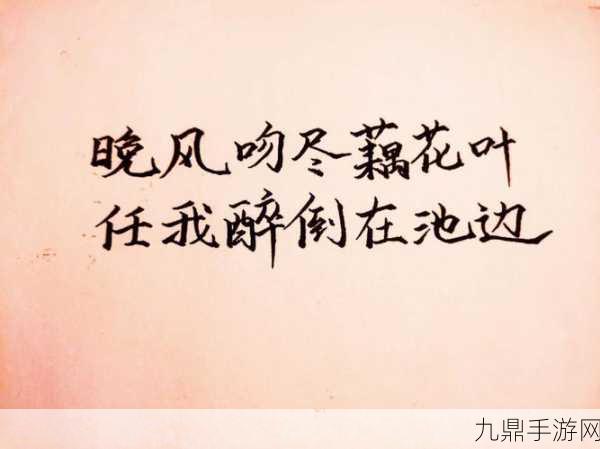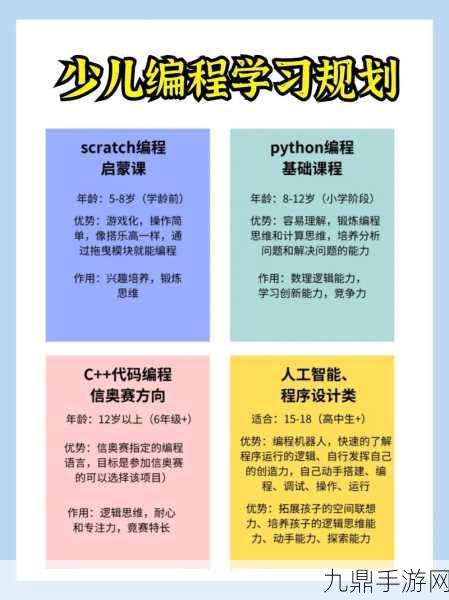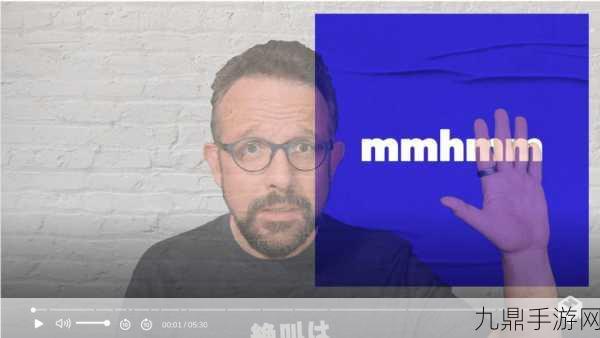一觉醒来,发现自己还在身体里
梦境的奇妙与真实常常让人感到困惑。许多人都有这样的经历:在一个瞬间,我们仿佛穿越了时空,体验着不同的人生,而当我们睁开眼睛,却又回到了熟悉的现实。这种状态不仅令人惊讶,也引发了一系列有趣的问题。
身心连接的奥秘
从心理学角度来看,人类的大脑具备强大的想象力和创造能力。在睡眠过程中,大脑会处理白天积累的信息,并以梦境形式展现出来。当做完一次精彩绝伦的冒险后,一觉醒来却发现依旧处于自己的身体内,这种感觉既奇妙又稍显失落。科学研究表明,梦境不仅是潜意识情感的反映,也是大脑自我修复的重要过程。

探究意识与潜意识
清醒后的那一刻,不禁让人思考意识与潜意识之间微妙而复杂的关系。日常生活中的选择、行动甚至情绪,都受到潜意识深层次因素影响。因此,当人在梦中自由翱翔,再次返回至这具躯体时,那份归属感似乎更加明显。而这种对比也进一步加深了关于自身存在意义及价值观念的反思。
文化视角下的人体认同
不同文化背景下,对“身体”的理解亦有所差异。一些哲学流派强调灵魂高于肉体,而另一些则认为两者应和谐共存。从宗教信仰,到艺术创作,每个领域都试图探索人生真谛以及如何更好地定位自我。有时候,一个人的身份认同可以通过他/她在梦中所扮演角色得到体现,让再平凡的一生变得独特起来。

科技进步带来的新体验
The realm of technology offers a new perspective on this phenomenon. Virtual reality (VR) and augmented reality (AR) have begun to blur the lines between dreams and waking life, allowing individuals to experience alternate realities without leaving their physical bodies. The immersive experiences provided by these technologies can evoke feelings similar to those felt during vivid dreaming, prompting further exploration into what it truly means to exist in one’s body.
跨界思维启示未来发展方向
This interplay between our conscious existence and dream states has implications that extend beyond individual experiences; they challenge societal norms about identity, self-perception, and even creativity. Artists draw inspiration from their subconscious explorations while scientists ponder over sleep's role in cognitive function improvements. As society evolves with advancements in neuroscience and psychology, the understanding of how people relate to their own bodies will continue shaping various disciplines.
热点话题:
- #虚拟现实中的人体经验#
- #睡眠质量对心理健康影响#
- #传统信仰与现代科学交融#







